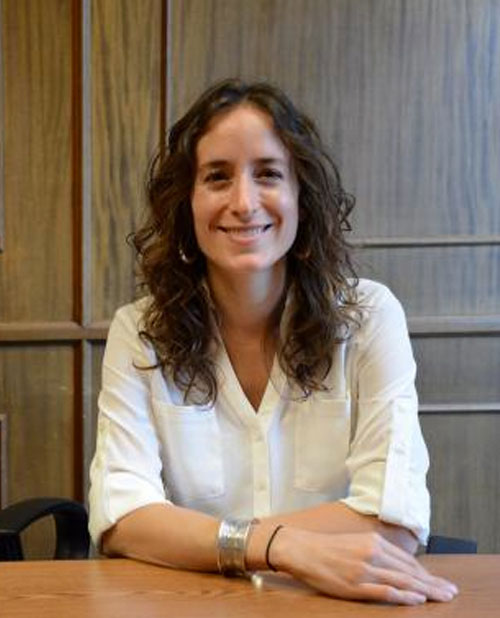
Dr. Walter Kaye, UCSD
*This trial has concluded and the results are currently being analyzed. We look forward to sharing more information when it is published in 2019.
Dr. McLaughlin is using brain imaging and smartphone-enabled technologies to investigate the biology of how stress can lead to anxiety and depression in youth.
The years of adolescence tend to present many stressful events. Not coincidentally, more than 1 in 5 youth age 9 to 17 suffer from a diagnosable mental health condition. Extensive research shows that anxiety and depression, at any age, are strongly associated with exposure to stressful life events (SLEs). However, little is known about the specific brain mechanisms underlying this connection.
Katie McLaughlin, PhD is our 2015 One Mind Institute / AIM Rising Star Research Award winner, and an Associate Professor of Psychology at University of Washington. McLaughlin’s research pursues a brilliantly direct and original approach to understanding the biology linking the stress of adolescent life with the development of anxiety and depression.
One critical challenge not met by previous studies has been in monitoring participants with sufficient frequency to document the neural changes associated with SLEs. This challenge arises from the speed of changes in the brain that, in turn, influence emotion and behavior, following stressful events. McLaughlin’s team is now observing these changes, as they progress in study participants, continuously using wearable digital technology, as well as monthly, using brain imaging and face-to-face interviews.
These precise assessments could provide the fine-resolution data needed to reveal biological markers of adolescent anxiety and depression early enough to prevent the onset of anxiety and mood disorders.
As of January 2017, McLaughlin’s team has recruited participants and is halfway through collecting the data needed for analysis. Her research is proceeding quickly toward answering three critical questions:
The study has been progressing with great success. Each participant enrolled in the study is followed for a one-year period of time, with intensive monthly assessments of stressful life events, brain structure and function, and mental health. We have completed data collection on more than half of our sample and have had excellent retention. The study will be completed in April 2018, and we are eager to analyze our data and share our results at that time.
Success story:
“I thought that feeling hopeless and like a failure was something that I would always live with. Being in the study and talking to the interviewers each month helped me realize that I could change the thoughts that were causing me to feel this way. After working with my counselor, I have a new perspective and skills I can use when I start feeling suicidal and depressed. I am happier and healthier than I have been in a long time.” 15 year old female client
We are grateful to the donors of AIM for Mental Health.